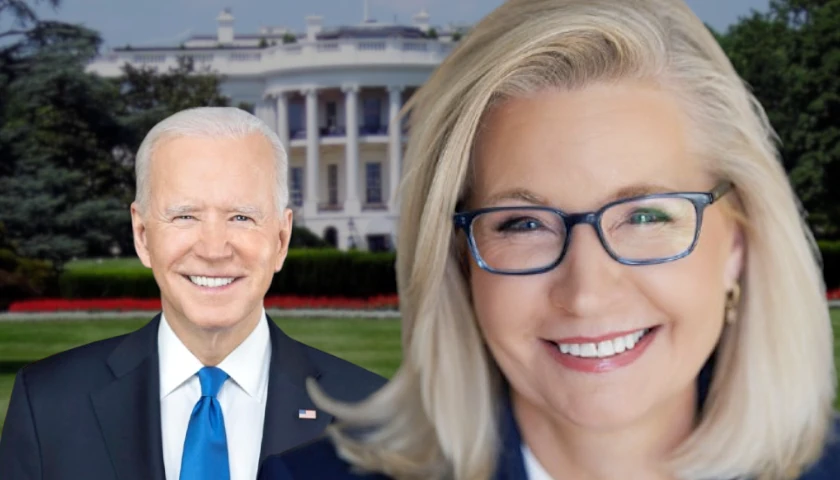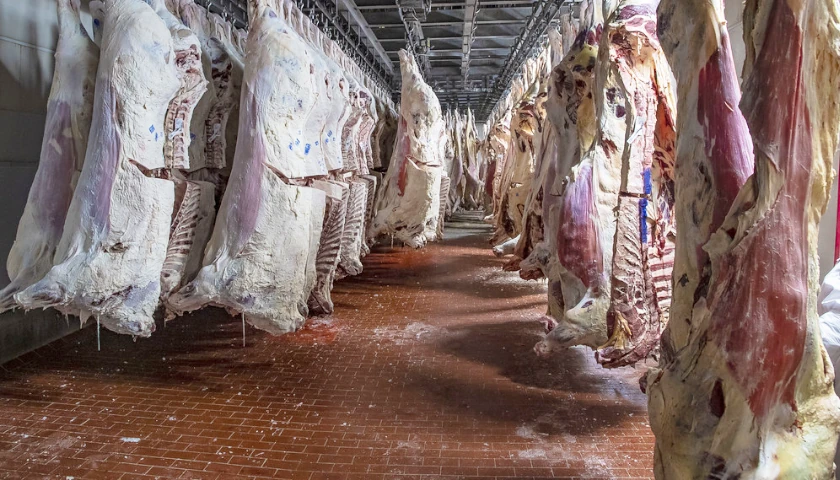by Will Kessler
An increasing number of Americans are turning to buy now and pay later (BNPL) services like layaway as they continue to drain their savings and interest rates on credit cards grow, according to Reuters.
Credit card debt, with its high interest rates, in aggregate exceeded $1 trillion for Americans in 2023 for the first time ever, leading many Americans to use BNPL services that charge a far lower 2% to 8% fee instead, masking a considerable source of debt, according to Reuters. The search for cheaper financing follows declining savings for Americans as they spend through their reserves, holding only $768.6 billion in October, down from over $1 trillion held in May and even further from the all-time high of almost $6 trillion held in April 2020.
BNPL services often advertise a 0% interest rate offer, but ultimately get their profits from lending out on interest, typically at far lower levels than the higher rates that credit cards are offering, according to Reuters. One such service, Affirm, had 26% of its BNPL products lent out on interest-free loans, while the remaining 74% charged some level of interest.
💳🚀Delinquency Rates Skyrocket
Contending with the effect of 26 consecutive months of real earnings decay, households turned to credit lines to bridge the income gap.
Unsurprisingly, revolving credit has reached an all-time high of $1.3 trillion. Credit card debt is currently… pic.twitter.com/1OZ98k7Ng6
— Hedgeye (@Hedgeye) December 15, 2023
 Delinquency transitions, meaning debts that were being paid but are no longer despite outstanding obligations, have risen rapidly as debt has increased in all categories except student loans in the third quarter of 2023. Credit cards and auto loans have seen the biggest rise in delinquency transitions, rising to 8% and 7.4%, respectively, in the third quarter.
Delinquency transitions, meaning debts that were being paid but are no longer despite outstanding obligations, have risen rapidly as debt has increased in all categories except student loans in the third quarter of 2023. Credit cards and auto loans have seen the biggest rise in delinquency transitions, rising to 8% and 7.4%, respectively, in the third quarter.
Inflation under President Joe Biden has greatly raised overall costs for consumers, with the consumer price index increasing over 17% since January 2021. In an attempt to bring down inflation, the Federal Reserve has raised its federal funds rate to a range of 5.25% and 5.50%, the highest point in 22 years, tightening credit conditions and placing upward pressure on interest rates.
In a recent poll from Goldman Sachs, small businesses reported that 76% had not seen an increase in sales so far this holiday season and 55% noted that their profit margins have decreased this year as consumers pull back on spending. Around 67% of small businesses said that they believed the decline in relative sales was due to consumers having less disposable income.
– – –
Will Kessler is a reporter at Daily Caller News Foundation.








